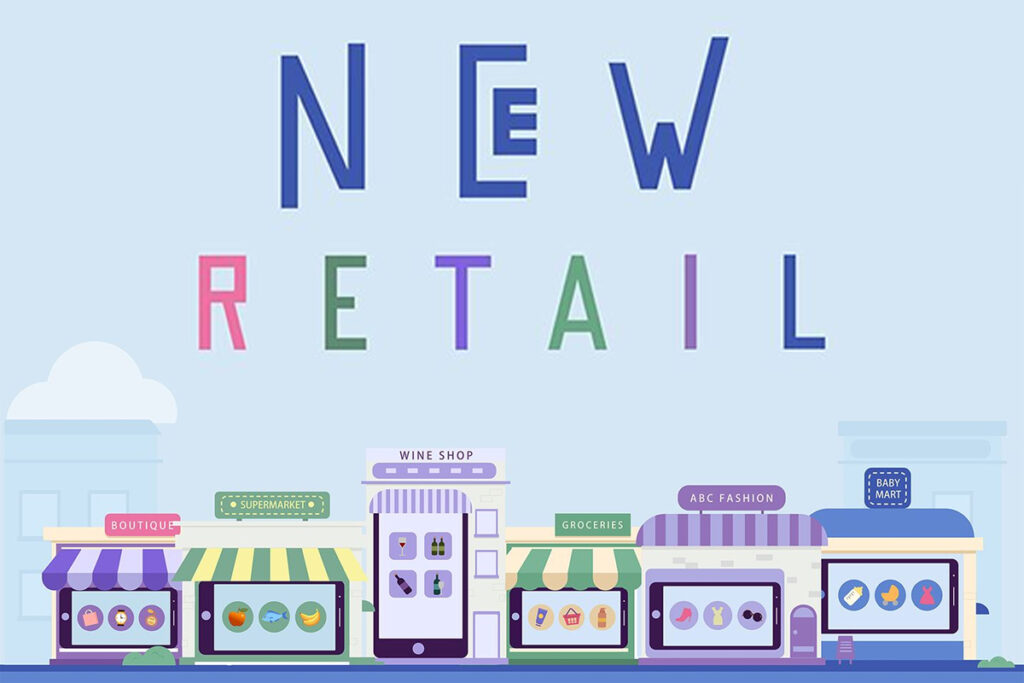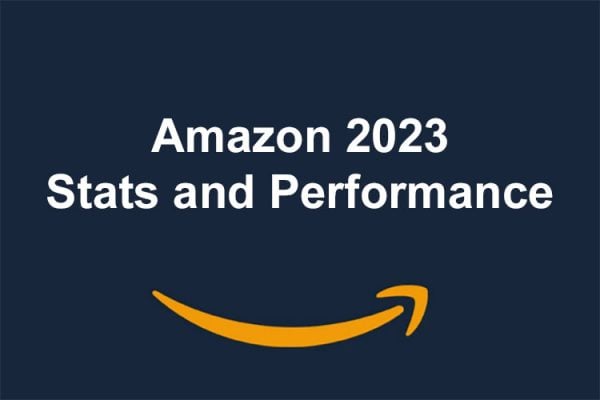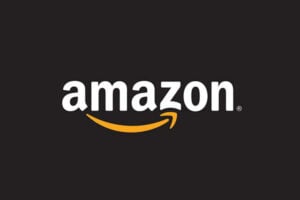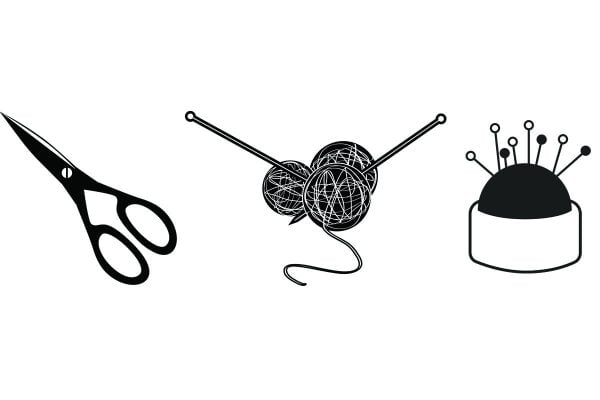In China, Alibaba say that the “either-or” retail equation is being pushed aside in favour of a model, they have called New Retail, melding the best of both the in-shop and online experiences.
They say that online sales penetration in China is the highest in the world, but brick-and-mortar retail still accounts for more than 80% of total retail sales. Realising that the future of retail will not be a question of online vs. offline, Alibaba founder Jack Ma unveiled the New Retail concept two years ago.
Supermarkets
Alibaba created their Hema supermarkets to incubate new retail innovations that could be applied to the broader industry. At first glance, Hema looks like most other supermarkets: it sells groceries, fruits and vegetables, and fresh seafood. But this is not your typical grocery store. Shopping at Hema is a smartphone-powered experience—you can do it from home or in the store. When you’re in the store, you’re able to scan a bar code with your phone to get product information. Payment is also cashless, done through the Alipay platform embedded in the Hema app.
For some, Hema’s “hook” is the ability to choose your own fresh seafood and decide whether you want it to go home with you—raw or cooked—or have it prepared to eat in-store.
For others who live within three kilometers of the market, Hema’s ability to deliver in as fast as 30 minutes is its key differentiator. Each store serves as its own warehouse and logistics center that collects, fulfills, and delivers customer orders as fast as they come in, online or offline.
Car sales
Alibaba is also helping roll out “Auto Vending Machines”, a model that lets customers browse makes and models inside their app, choose a car they want to test drive, pick it up from an un-manned vending machine, and drive it for up to three days. After experiencing the car in a no-pressure situation, they can make an appointment to visit a dealer when they’re ready to buy.
Small independent stores
Alibaba’s custom built an app, Ling Shou Tong program, digitizes the inventory management of each store. It ties these business into a central warehousing and logistics system and provides them with an analytics platform that anticipates customer preferences and lets proprietors know what they need to order, how much, and when.
Shopping Malls
New Retail in the mall means less of a chance that you’ll walk away empty-handed. Stores are equipped with “Virtual Shelves,” and if you don’t find your size or color in stock, you can still select the product you want on a screen, punch in your size, color, and other specs, scan with your app, and have exactly what you want delivered directly to your home.
Even the bathroom of malls can be a New Retail experience. Step into the ladies’ room, and while you’re waiting, check out the “Magic Mirror” on the wall to experiment, virtually, with new makeup colors. Like what you see? You can buy it from the vending machine.
Why is China so far ahead of the West?
For nearly 19 years, Alibaba has built the backbone of China’s giant e-commerce machine, essentially creating a “move-in” environment for brands—and an engaging discovery and frictionless purchase process for shoppers.
For the brands and vendors, customer-acquisition costs go way down, because you don’t need to convince anyone to download your app to implement New Retail solutions. More than half a billion of them already have it in the form of Alibaba’s Tmall or Taobao app.
Here in the UK most consumers will have the eBay app, the Amazon app, or both installed on their smartphones and tablets. Both eBay and Amazon, despite some side projects (including PayPal for beer when eBay owned them) have toyed with offline retail but neither have really provided a solution for offline commerce – That’s been left to third party providers and whilst some such as Brightpearl are based around the physical world most are still firmly aimed at online ecommerce.
Retailers themselves are still trying to figure out how to best use the Internet. 61% of retailers aren’t even using marketplaces and those that do often view them as a means to dispose of out of season or distressed stock rather than a place to showcase their new in season stock. This is a strange strategy when you consider that almost all online shoppers use marketplaces.
Until marketplaces fully embrace the high street with Alibaba style New Retail integrated solutions and until retailers embrace marketplaces recognising that they have vast resources to create solutions that can support, not compete with them, then the West will continue to lag behind China.











3 Responses
Wow. it’s like looking at the future. they Chinese are going to annihialate us when it comes to it…..
think the future of retail strategy in the UK may be “wait for China to buy it on the cheap and fix it for us.”
Maybe one of the reasons they are doing so well, is that Alibaba actually have the best interests of sellers at heart? working together to their mutual benefit, rather than being a false friend you need to keep a constant eye on?
it also speaks of a culture where the greater good is still a thing, where honour and truth still hold value, rather than our “shaft anyone for a fiver” culture we seem to have embraced these days.
Dont believe the hype – I have been an analyst covering this co since IPO. BABA is a strong-arm operation which either extracts ad spend (TaoBao) or high take rates (TMall) and keeps all the transaction data, as well as obliging merchants to complete via Alipay. If you write a bad review they expose your details to the merchant. Fulfillment is by a range of variable quality partners. Brushing and fake goods are rampant ongoing issues. Pure pay-for-play listing scheme.
To think any Chinese e-commerce platform would be less rapacious than their Western counterparts is fantasy.
Maybe they are doing so well because they do not allow foreign companies paying no tax competing on the platform so easily.
Leaving legit sellers some profit to actually do better as well as having a more balanced market place. Remember when platforms were pushing for next day delivery etc, now 24-40 days from Hong kong is all the rage.
Perhaps the Chinese tax office in not as incompetent as HMRC